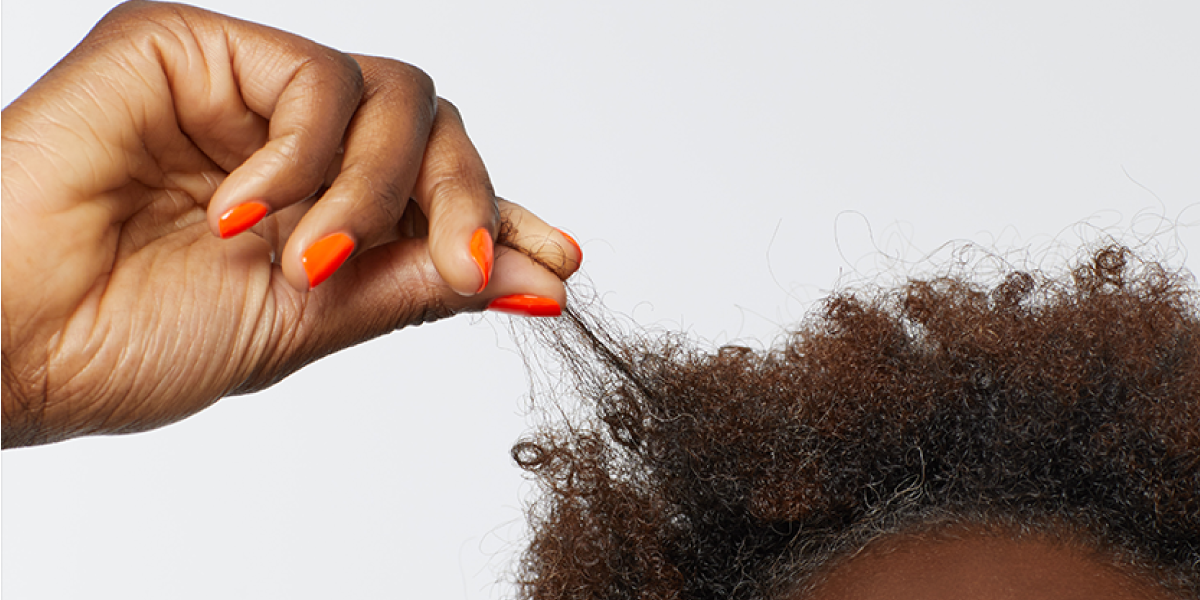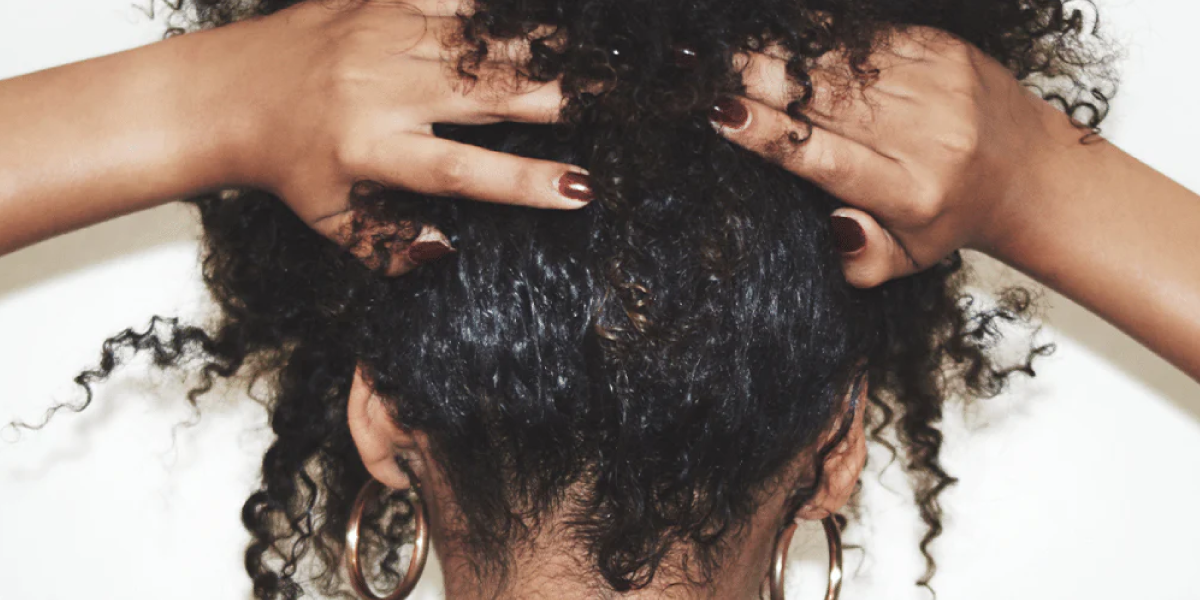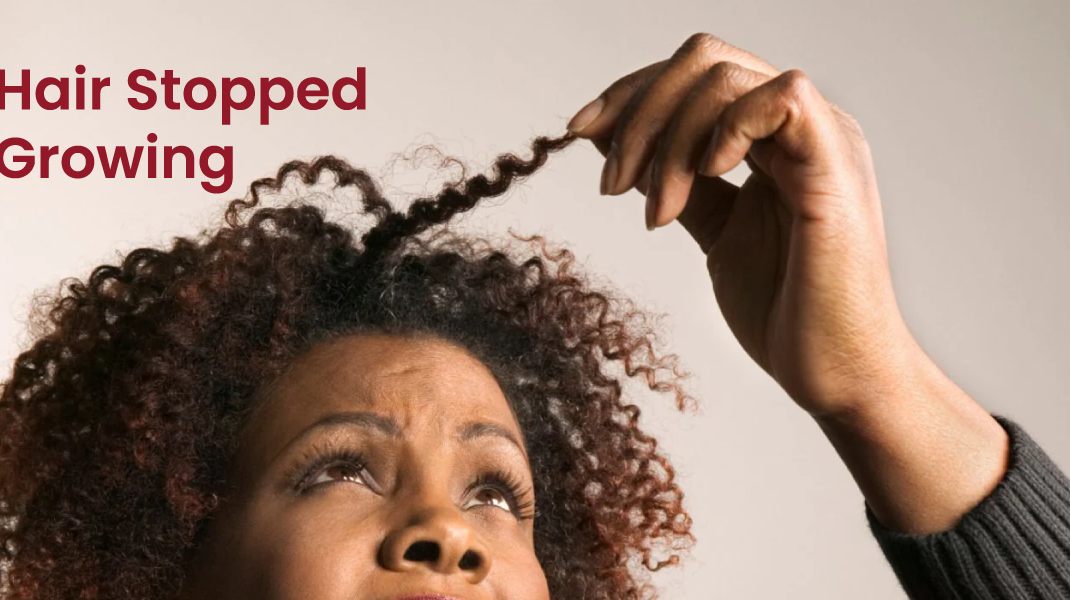Have you noticed that your hair has stopped growing, or it seems stuck at a certain length? Maybe you’re wondering, “Why has my hair stopped growing, or why isn’t my hair growing as fast as I want it to, or even why is it growing slower than before?”
Don’t worry; you’re not alone, and this is a common issue many people face. Basically, your hair may stop growing due to factors like stress, genetics, age, or hormonal changes. It could also be affected by poor diet or health issues.
Let’s break down the reasons behind this and give you some easy tips and advice to encourage healthy hair growth.
All About Hair Growth Cycle

To understand why your hair may not be growing, it helps to know how hair actually grows. Our hair grows in cycles, which have four main stages:
- Anagen Phase: This is basically the growth phase, where your hair grows actively. This phase usually lasts anywhere from 2 to 8 years. The longer your hair stays in this Anagen phase, the longer it will grow. This is where most of your hair is at any given time.
- Catagen Phase: The transition phase that lasts around 4 to 6 weeks. During this phase, hair stops growing and prepares to shed.
- Telogen Phase: This is known as the resting phase that lasts for about 2 to 3 months. Hair is not growing during this phase, and this is when hair naturally falls out.
- Exogen Phase: This is the shedding phase. Each day, 50 to 100 hairs naturally fall out from your scalp as part of the cycle.
It’s important to remember that hair growth depends on how well these cycles are working and how healthy your scalp and follicles are.
Why Has My Hair Stopped Growing? Key Reasons

If you’ve been wondering, “Why is my hair not growing?” or “Why does my hair grow so slow?”, there are a few common reasons this could be happening. Let’s go over them in a simple way:
1. Genetics
Sometimes, the reason your hair isn’t growing as fast as you’d like is because of your genes. If people in your family have had thinning hair or hair loss, it’s more likely that you might experience it too. This is common with male and female pattern baldness, which is a genetic trait that affects hair growth as you get older.
2. Age
As we age, our bodies change, and that includes how our hair grows. For example, women might notice their hair starts thinning after menopause because of hormonal changes. So, it’s normal for hair growth to slow down as we get older.
3. Hormonal Changes
Your hormones play a big role in hair growth. If your hormones are out of balance, like with thyroid or other health problems, your hair growth could slow down.
Hormonal changes are one of the reasons you’re wondering, “Why does my hair stop growing at a certain length?” It could be because your body isn’t producing the right hormones for healthy hair growth.
4. Stress
Stress is another major factor that can stop your hair from growing. When you’re stressed, your body goes into a state where hair stops growing and can even fall out.
This happens because stress can push your hair into a resting phase, and during this phase, your hair doesn’t grow, it just falls out. If you’re feeling stressed, it might be the reason why your hair isn’t growing the way you want it to.
5. Health Issues
Sometimes, health problems can cause your hair to stop growing. Conditions like liver disease, kidney issues, or autoimmune disorders can affect your hair.
If your hair suddenly stops growing, it could show an underlying health condition. It’s a good idea to check with your doctor if you’re noticing other symptoms, like unexplained fatigue or weight changes.
6. Medications
Certain medications can also stop your hair from growing. For example, chemotherapy or medications that affect your hormones can cause hair loss or prevent hair from growing. If you’ve started a new medication and noticed a change in your hair growth, this might be the reason.
In addition, here is a detailed write-up for you to learn how to grow your hair faster.
Why Does My Hair Stop Growing in Specific Areas?

Sometimes, you might notice that your hair “stops growing” or isn’t growing evenly. Here are a few things that might be going on:
After a Haircut
If you’re wondering, “Why does my hair stop growing at a certain length?”, it might just be because your hair is growing at a normal rate, but you’re cutting it off regularly. On average, your hair grows about a quarter to half an inch every month.
So, if you’re cutting it frequently, it may seem like your hair isn’t growing. How much can hair grow in a year? Typically, it’s about 6 inches in a year, but it may seem slower depending on how much you trim.
In Specific Spots
If your hair isn’t growing in certain spots, you might have a condition like alopecia areata, which causes patchy hair loss. This can make certain areas of your scalp seem like they aren’t growing hair at all.
One Side of the Head
Sometimes, hair growth can seem faster on one side of your head. This can be due to better blood circulation or simply how you sleep.
How to Fix Stunted Hair Growth
If you’re wondering, “How can I fix my hair growth?” or “Why is my hair not growing?”, don’t worry! There are a few simple ways to help encourage hair to grow longer and healthier. Here’s what you can do:
1. Scalp Massage
Massaging your scalp is a great way to get your hair growing again. When you massage, it increases blood flow to your scalp, which helps your hair grow better. You can use your fingers to gently massage your scalp for a few minutes every day.
2. Aloe Vera
Aloe vera is really very good for your scalp and helps reduce hair breakage. You can use fresh aloe vera gel and apply it to your scalp. Leave it on for about 20-30 minutes, then rinse it off. It helps keep your hair healthy and reduces damage.
3. Rosemary Oil
Rosemary oil is believed to help promote hair growth, especially for people who have thinning hair. Just add a few drops of rosemary oil with another oil, such as olive or coconut oil, and after that, massage it gently into your scalp. Doing this a few times a week might help with hair growth.
4. Geranium Oil
Geranium oil is another oil that can improve circulation in your scalp. Better circulation means more nutrients for your hair. Just like rosemary oil, add a few drops with a carrier oil and then massage it into your scalp for healthy hair growth.
5. Biotin Supplements
Biotin is a vitamin that’s good for your hair. While most people get enough biotin from their diet, taking a biotin supplement can sometimes help boost hair growth, especially if you’re not getting enough. It’s an easy way to give your hair a little extra support.
6. Shampoo and Conditioner for Hair Growth
To help your hair grow, use a gentle, sulfate-free shampoo and wash your hair 2-3 times per week to avoid stripping natural oils. Always follow up with a conditioner to keep your hair soft, strong, and moisturized, especially on the ends. Occasionally, you can use a deep conditioning treatment to nourish and repair your hair, helping to prevent breakage and promote healthy growth.
Do you want to learn about the best shampoo and conditioner for hair growth? Then, here is a detailed guide for you to check.
Professional Treatments for Hair Growth

If home remedies aren’t giving you the results you want, you might want to explore professional treatments. Here are some options:
Minoxidil
Minoxidil is basically an over-the-counter topical treatment that helps with male and female pattern baldness. It’s applied directly to your scalp.
Finasteride (Propecia)
Finasteride is an oral medication that blocks a hormone called DHT, which is known to cause hair loss. It’s mainly for men but can be prescribed to women in certain cases.
Hair Transplants
For more significant hair loss, a hair transplant is a surgical option where hair follicles from one part of your scalp are moved to areas that are thinning or bald.
Scalp Micropigmentation
This is a non-surgical procedure that creates the illusion of fuller hair by tattooing small dots on the scalp, giving it the appearance of a shaved head or more dense hair.
Other Ways to Encourage Hair Growth

Sometimes, it’s not about treatments but about creating the right environment for hair growth. Here are a few extra tips:
- Diet: A healthy, balanced diet rich in vitamins and minerals like Vitamin D, Zinc, Iron, and Biotin can support healthy hair growth. Try eating more leafy greens, nuts, seeds, and lean proteins.
- Hair Extensions: If your hair just won’t grow past a certain length, hair extensions are a quick fix to get the length you want while you continue to work on growing your natural hair.
When to See a Doctor
If you’re concerned about sudden hair loss or notice other symptoms like scalp irritation, it’s best to see a doctor. They can help pinpoint any underlying health problems and suggest a treatment plan tailored to you. It’s important to address any health concerns early on for better results.
Wrapping Up: Why Has My Hair Stopped Growing?
If you’ve been wondering, “Does hair ever stop growing?”, the answer is no—your hair can grow indefinitely if you take good care of it! However, various factors can affect its growth, such as genetics, age, stress, hormonal changes, or health problems. By understanding the reasons behind why hair growth may slow down or stop, and using the right treatments and remedies, you can support your hair’s natural growth cycle. Keep in mind that healthy hair growth takes time, but with patience and care, you’ll get there!
FAQs
|

